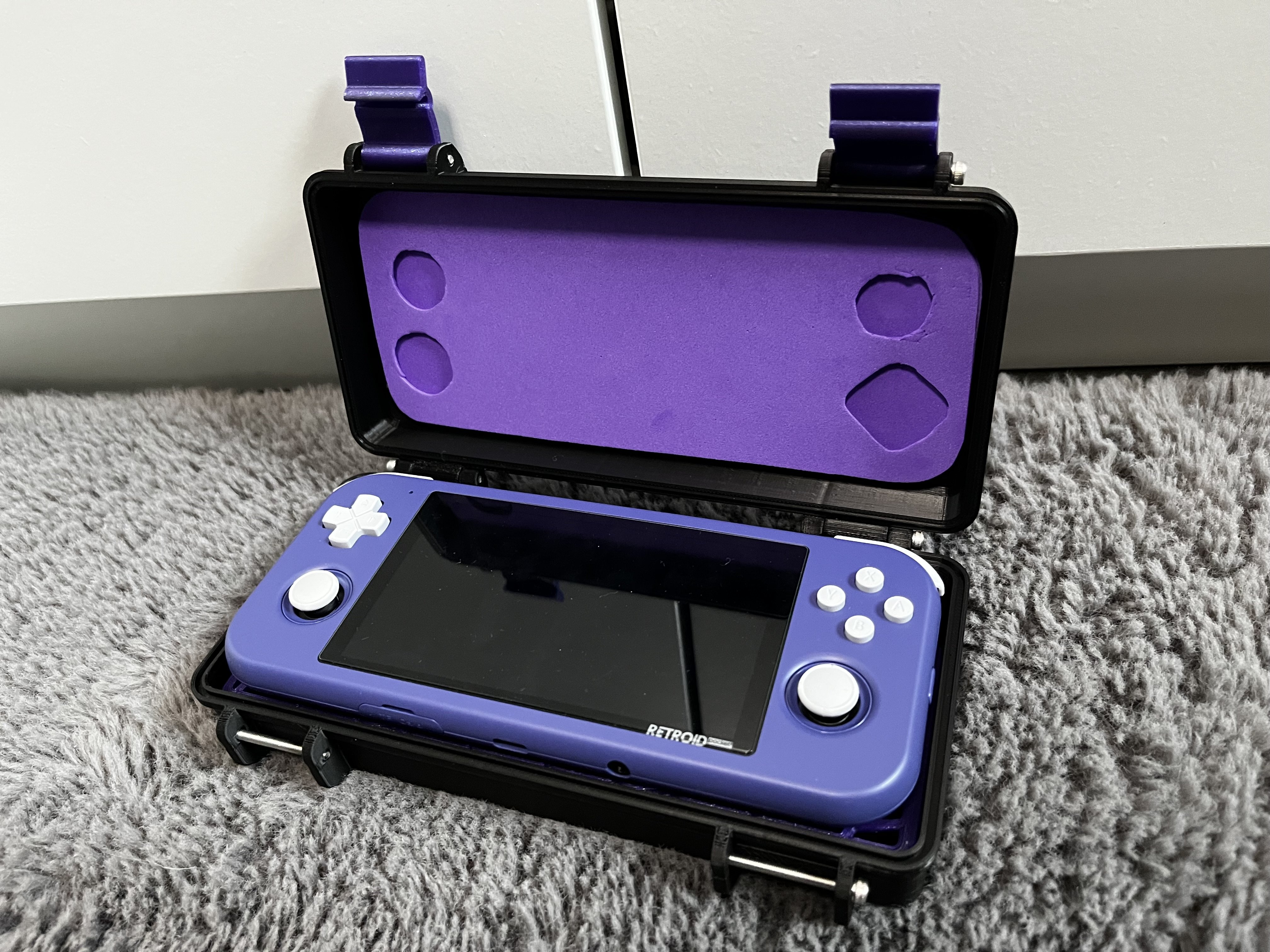Hello everyone!
I am dealing with a slightly warped print bed. Smaller prints are no problem and come out absolutely perfect (for me), but as the prints get larger and go near the sides of the printbed they won’t stick very good, because the bed is a bit more away from the nozzle on all sides, causing my prints to warp or even fall off the printbed.
So now I am thinking about upgrading my Voxelab Aquila with a BLTouch (or similar) to get rid of that problem. So far I read you could use Voxelab‘s Aquila X2 BLTouch Firmware with the standard Aquila?! Is that true? Does someone here know it or already upgraded one? Or maybe have a link to a tutorial?
Any help appreciated! Thanks in advance :)


Thanks! So you don’t need a probe for your firmware? Currently I have none attached, but I wouldn’t mind the work of attaching one. But if there’s a way to do mesh leveling without probe that would also be nice.
Do you use it with Octoprint or similar?
I’m using a bl-touch. So the firmware will need to know the delta between the tip of the probe and your extruder (the z-offset).
I doubt creating a mesh without a probe is possible. At the moment I use a mesh with 9*9 points. This gets saved to eeprom and (see the other comment) loaded at startup using a g-code. I let it do a three-point probe after hearing the bed, so the software knows if it needs to tilt the mesh.
I do use octoprint, but these capabilities are all embedded in the software by mriscoc.
Ah okay, thanks for your information. Will look up on custom firmwares for my printer. Hopefully there is something stable :)
Recently switched from Marlin to Klipper. It looks like there is a sample configuration for your N32 board. Maybe a good custom firmware for your printer…
To flatten the learning curve, I’ve installed the Mainsailos image on a raspberry pi 4 and followed a lot of documentation / YT to get things up and running. The results are great, still got to get input shaping and the resonance measurements, but quite a difference!